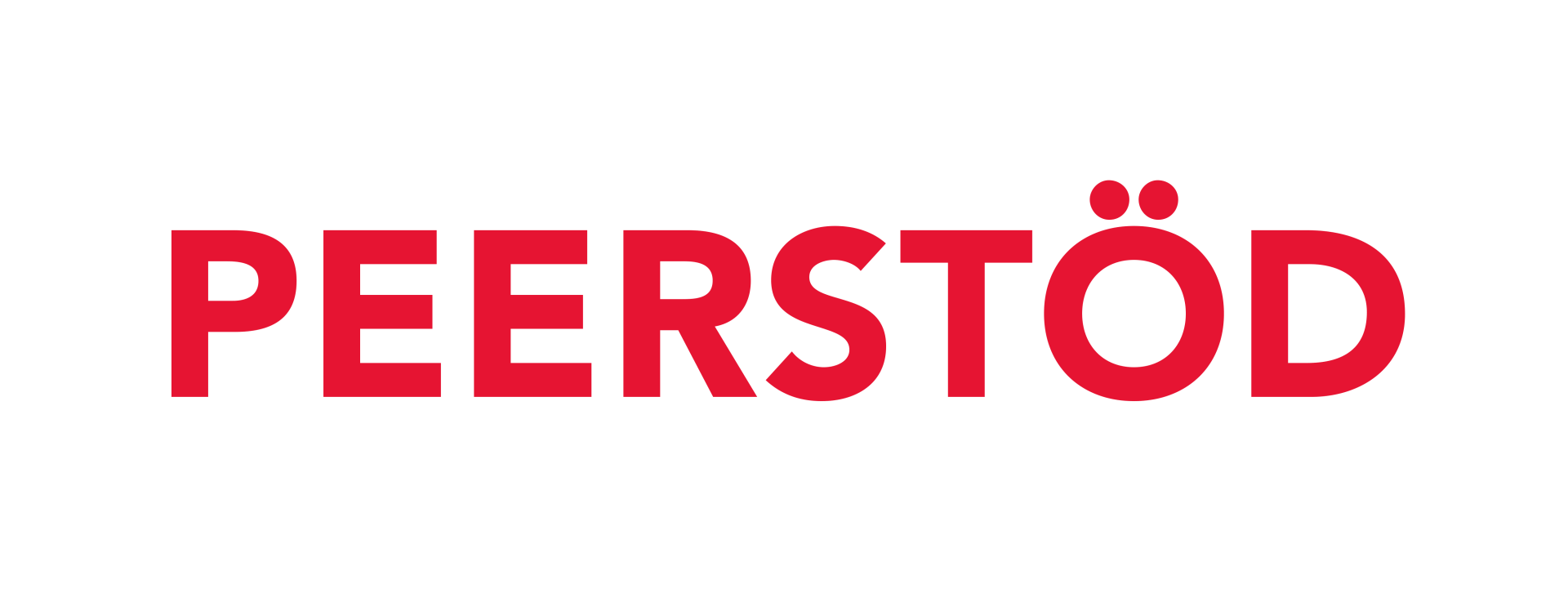Last updated March 2024
It is common for people living with HIV to be referred to primary healthcare for care that is not directly related to HIV, but this can vary between different regions of the country. Non-HIV care is not free, but the high-cost threshold (Högkostnadsskydd) applies.
You can find general information about healthcare at 1177 (scroll down to the footer to select your language).
On this page you will find information about:
- Knowledge and personal treatment
- When do I need to disclose my HIV to a healthcare provider?
- When visiting a dentist
- For treatments such as tattoos, fillers and massage
Knowledge and personal treatment
Knowledge about HIV can vary within the health care system and sometimes personal treatment may be inadequate. You always have the right to receive good personal treatment and you should be treated just like any other patient. Under the Swedish Patient Act, you have the right to choose the provider of publicly funded outpatient care. For example, this means that you can change medical centres (vårdcentral) if you are dissatisfied. If you are not satisfied with the treatment or care provided by a specific doctor, then you can contact the Patient Advisory Committee. More information about what you can do if you are not satisfied with the healthcare you receive is available at 1177 (in Swedish). If you have been treated poorly, then you can also contact Posithiva Gruppen. We can provide skills enhancement training for healthcare professionals.
When do I need to disclose my HIV to a healthcare provider?
If your treatment is well-adjusted, then you do not need to disclose your HIV status during simple routine tests, including blood tests and injections. However, in some cases, it may be useful to provide information for your own sake. For example, doctors may want to know that you are taking HIV medication to avoid drug interactions when prescribing medications for other diseases.
According to the rules of conduct in the infection prevention sheet, you are obliged to disclose your HIV-positive status at certain times, regardless of whether your treatment is well-adjusted or not. This means, among other things, that you need to disclose your HIV status before procedures where there is a higher risk of puncture wounds and cuts, such as surgery. The same applies if someone comes into contact with your blood in such a way that the blood enters an open wound or in the case of puncture wounds or cuts. You can find more information about when you need to disclose your HIV status in the infection prevention sheet.
If you are about to undergo a procedure and are unsure whether it is a major procedure, then you can always ask your HIV doctor in advance if you need to inform the person performing the procedure.
When visiting a dentist
If your HIV treatment is well-adjusted, then you do not need to tell your dentist about your HIV during examinations and simple procedures. For procedures where there is a higher risk of puncture wounds or cuts, such as surgical procedures, you must disclose your HIV status no matter whether your treatment is well-adjusted or not. According to Smittskydd Stockholm, you do not need to provide information before, e.g., removing a wisdom tooth.
You need to inform the staff about your HIV afterwards if an ‘incident’ has occurred, i.e., if, for example, the dentist or dental nurse has pricked themself on a used instrument, even if this was during routine dental care.
When visiting a dentist, you must fill in a health declaration. It often contains questions regarding whether you have a so-called “blood infection” or whether you are living with HIV. You don’t need to provide any of this information if your treatment is well-adjusted. However, for your own sake, the dentist may also want to know if you are taking any medications. For example, some HIV medications can be blood thinners, which can be useful to know for certain procedures, or cause dry mouth, which can affect oral health.
Dental care is not free, but everyone, irrespective of HIV status, who is registered with the Swedish Social Insurance Agency receives a general dental care subsidy (ATB). If you have side effects from your HIV medication that affect your dental health, then you may be entitled to what is called a special dental care allowance (STB). One of these side effects could be dry mouth due to long-term drug treatment. To apply for an STB, you must first obtain a medical certificate. It is a ready-made form that your doctor fills in and that you then take to a dentist. Download the form (PDF) (in Swedish).
Read more about different dental care benefits at the Swedish Social Insurance Agency’s website (Försäkringskassan) (in Swedish).
For treatments such as tattoos, fillers and massage
According to the Swedish Association of Communicable Disease Doctors, if your treatment is well-adjusted, then you do not need to disclose your HIV status for cosmetic treatments and procedures such as fillers/Botox injections, tattoos, acupuncture and piercing. However, there are tattoo studios that deny tattoos to people living with HIV and require information about HIV status. If you are asked about your HIV status, then we recommend that you go to another studio.
The Swedish Association of Communicable Disease Doctors’ infection prevention sheet for people with newly discovered HIV or HIV treatment that is not well-adjusted includes the following rule of thumb:
“If you want a tattoo, to have your ears pierced or have any other treatment involving the use of sharp tools and where bleeding may occur, e.g. body piercing, you must disclose that your blood is infectious before the procedure is carried out.”
For non-invasive treatments, such as facials and massages, you never have to disclose your HIV status.
- Within HIV care
- Support and counselling
- For healthcare visits and treatments outside of HIV care
- For people who are or want to become parents
- For children and adolescents
- During studies and at work
- For people with sickness compensation (formerly known as early retirement)
- For people who do not have a residence permit in Sweden
- When travelling abroad
- When having sex
- When taking out insurance
- HIV related to laws and crimes








